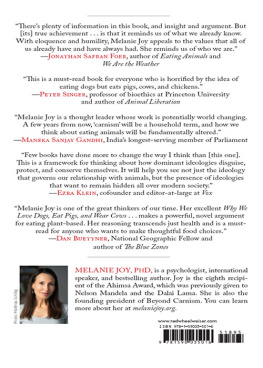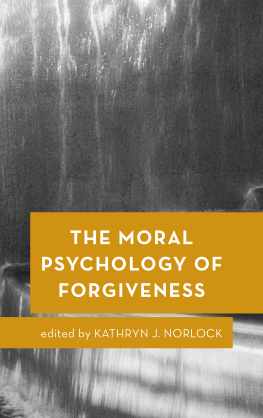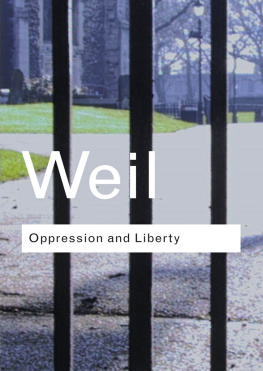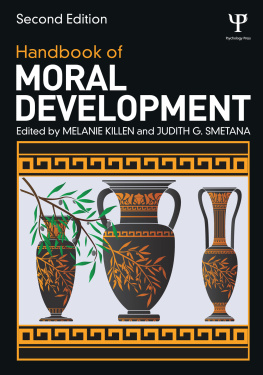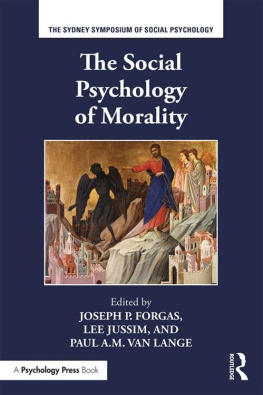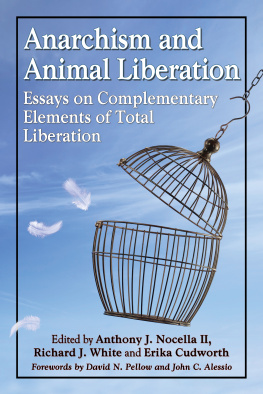Powerarchy

Powerarchy
Copyright 2019 by Melanie Joy
All rights reserved. No part of this publication may be reproduced, distributed, or transmitted in any form or by any means, including photocopying, recording, or other electronic or mechanical methods, without the prior written permission of the publisher, except in the case of brief quotations embodied in critical reviews and certain other noncommercial uses permitted by copyright law. For permission requests, write to the publisher, addressed Attention: Permissions Coordinator, at the address below.

| Berrett-Koehler Publishers, Inc.
1333 Broadway, Suite 1000
Oakland, CA 94612-1921
Tel: (510) 817-2277, Fax: (510) 817-2278
www.bkconnection.com |
Ordering information for print editions
Quantity sales. Special discounts are available on quantity purchases by corporations, associations, and others. For details, contact the Special Sales Department at the Berrett-Koehler address above.
Individual sales. Berrett-Koehler publications are available through most bookstores. They can also be ordered directly from Berrett-Koehler: Tel: (800) 9292929; Fax: (802) 864-7626; www.bkconnection.com Orders for college textbook/course adoption use. Please contact Berrett-Koehler: Tel: (800) 929-2929; Fax: (802) 864-7626.
Distributed to the U.S. trade and internationally by Penguin Random House Publisher Services.
Berrett-Koehler and the BK logo are registered trademarks of Berrett-Koehler Publishers, Inc.
First Edition
Hardcover print edition ISBN 978-1-5230-8666-5
PDF e-book ISBN 978-1-5230-8667-2
IDPF e-book ISBN 978-1-5230-8668-9
Digital audio ISBN 978-1-5230-8670-2
2019-1
Production manager: Susan Geraghty. Cover and interior design: Paula Goldstein. Composition: Westchester Publishing Services. Copyeditor: Michele D. Jones. Proofreader: Cathy Mallon. Indexer: Rebecca Plunkett. Author photo: Matthias Schillig.
For each of you who is helping to create a more relational world, whether you're working quietly in the background or marching on the front lines. Thank you.

CONTENTS
Powerarchy

INTRODUCTION
If you find the mirror of the heart dull, the rust has not been cleared from its face.
RUMI
I was four years old when I began the journey that led to the writing of this book. It was a hot summer day, and I was with my parents on my fathers fishing boat, my favorite place in the world to be. And then I caught my first fish.
My parents clapped and laughed and told me how proud they were, but I felt confused and distraught. I didnt understand why I couldnt share their happiness; as I watched the fish Id pulled out of the ocean flop wildly on the floor of the boat gasping for air, all I could feel was sadness. And guilt.
After that day, my fathers boat, once the source of my greatest joy, became a trigger for distress. I couldnt bear to see thrashing fish being pulled off hooks and tossed into a bloody bucket to suffocate. And seafood, which had been my favorite cuisine, sickened me to the point where I could no longer eat it without vomiting.
My emotions and body were reacting to a paradox that my young brain wasnt developed enough to understand. I couldnt reconcile how caring peoplemy own parents nonethelesscould harm others and neither see nor feel troubled by this contradiction. My parents instilled in me a strong commitment to practicing the Golden Ruleto treating others the way Id want to be treated if I were in their position. So did my teachers, the ministers at our church, and nearly every adult who influenced my development. Yet it seemed that everywhere I turned, this supposedly highest principle was being violated, and nobody was the least bit concerned.
Whether it was my father killing fish for enjoyment, movies depicting men subduing emotionally distraught women by slapping them across the face (it was the 1960s, after all), or children bullying each other on the playground in plain sight of unconcerned teachers, the relational paradox I was witnessing was the same. The Golden Rule, a principle meant to guide the way we relate to others, was as disregarded as it was esteemedand, most notably, this contradiction was utterly invisible.
It was more than two decades later that I was finally able to comprehend and articulate this relational paradox, a phenomenon Id become increasingly sensitized to over the years. I had become deeply concerned with social injustices, and I found myself confounded by the dysfunctional state of humanity that not only allowed for but perpetrated widespread suffering. What, I wondered, makes people turn away fromrather than challengeatrocities? Why do some of the same people who stand on the streets demonstrating for human rights mistreat members of their own families? Why do those who claim to want a society based on the values of compassion and justice nevertheless vote and act against these values?
The answers to these questions came to me after another incident involving an animal, this time in the form of a hamburger. I was twenty-three years old, and Id recently eaten a beef patty that was contaminated with campylobacter (the salmonella of the red-meat world). I wound up hospitalized and on intravenous antibiotics, and after that experience I found myself too disgusted to eat meat again.
In the process of learning about my new, vegetarian diet, I stumbled upon information about animal agriculture. What I learned shocked and horrified me. The extent of the needless suffering endured by billions of nonhuman animals and the devastation to the environment were almost incomprehensible. But what disturbed me perhaps even more was that nobody I talked to about what Id learned was willing to hear what I had to say. Their responses were nearly always along the lines of Dont tell me that; youll ruin my meal, or theyd call me a radical vegetarian hippie propagandist. And these were my friends and familyconscientious, rational people who were committed to helping create a more just and compassionate world and who genuinely cared about animals.
THE PSYCHOLOGY OF VIOLENCE AND NONVIOLENCE
Wanting to understand what it was that caused people to harbor relationally contradictory attitudes and behaviorswhat enabled the relational paradox I first observed when I killed the fishI enrolled in a doctoral program in psychology, where I studied the psychology of violence and nonviolence. What, I asked, enabled caring people to participate in, or otherwise support, practices that harm others, be they human or nonhuman beings? And what, then, could help shift this psychological orientation?
I narrowed the focus of my research to examine a specific expression of the relational paradox: the psychosociology of eating animals, a phenomenon I named carnism. Seeking to understand how people who care about the well-being of nonhuman animals nevertheless consume (or kill) them, I conducted interviews and surveys, and coded and analyzed responses. I concluded that eating (certain) animals results from extensive social and psychological conditioning that causes naturally empathic and rational people to distort their perceptions and block their empathy so that they act against their values of compassion and justice without fully realizing what theyre doing. In other words, carnism teaches us to violate the Golden Rule without knowing or caring that were doing so.
Next page

